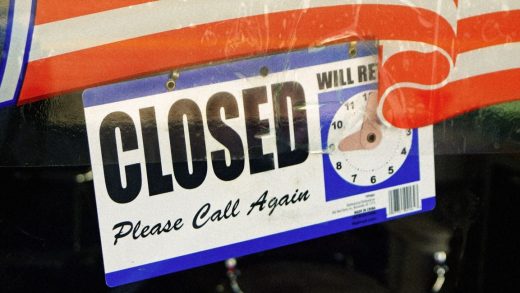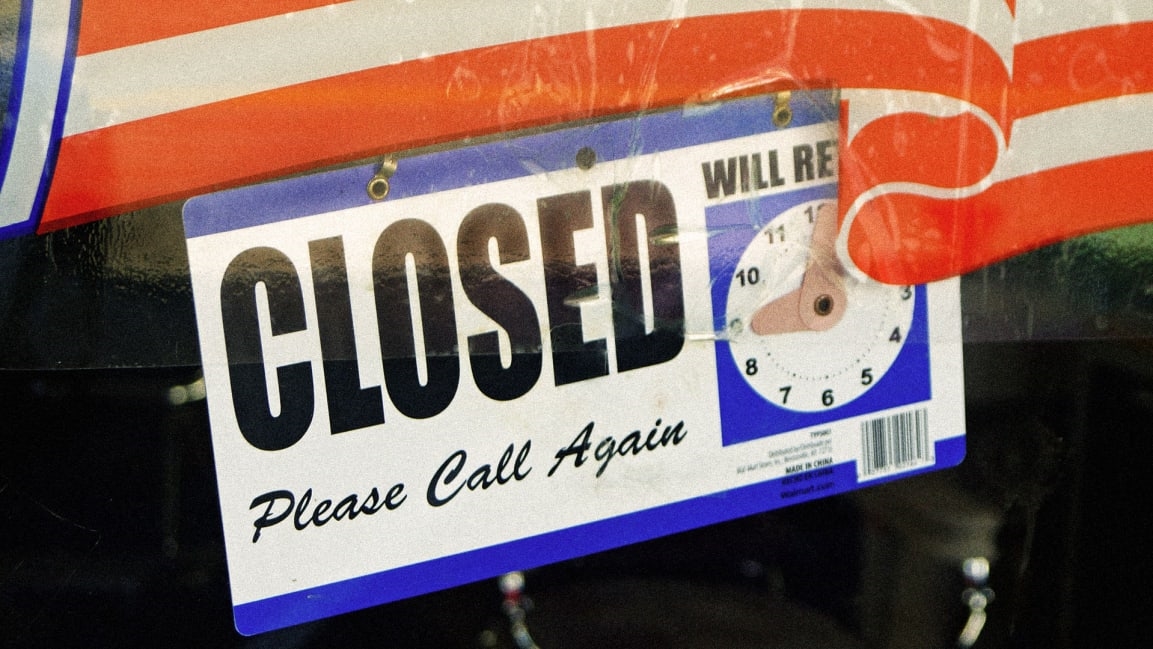Minority business owners are getting shut out from coronavirus relief. Here’s what can help
COVID-19 has exposed new depths of economic inequality in America for both employees and small businesses. Today, the unemployment rate is 18% higher for black workers and 33% higher for Latinx workers compared to their white counterparts. Fifty-five percent of the jobs lost in April were held by women, and women’s unemployment rate is 20% higher compared to men. This disparity also extends to businesses. Those owned by underrepresented groups or that serve lower-income areas have been hit the hardest.
Data from Gusto, which has 100,000 small business customers in the U.S., shows that women are more likely to own companies in industries most negatively impacted by COVID-19, such as salons and spas, personal services, and healthcare and social services. In March and April, women-owned businesses saw a higher reduction in headcount (5.4%) compared to businesses owned by men (4.2%). Meanwhile, businesses in lower-income areas were 25% more likely to have had to lay off employees.
The businesses that are taking the heaviest economic toll for COVID-19 are not receiving equal access to federal aid, particularly through the Paycheck Protection Program (PPP), which has failed to provide effective relief to business owners with the greatest need. This failure has exposed gaps in funding and access that leave historically underserved businesses in jeopardy.
Experts have warned that up to 90% of small businesses owned by women and people of color have been or will be shut out of the PPP due to structural flaws, such as the program’s reliance on major financial institutions. In contrast, more than 400 public companies received loans, as well as national restaurant and hotel chains.
While gaps in access to aid are particularly devastating during a pandemic, they are not isolated to this crisis. The inequity of the PPP rollout represents historically unequal access to funding for businesses owned by women, people of color, and other marginalized groups. In 2018, for example, the average loan size for a women-owned business was 31% less than that of a male-owned business. Research reveals that large banks approve more loans by white business owners than those of Latinx or black business owners. And new survey data published in the New York Times indicates that only 12% of black and Latinx business owners who applied for federal aid received it.
Specific aid must be set aside for small businesses owned by women, people of color, and other underrepresented groups. Unless immediate action is taken, the consequences to these businesses and the larger economy will be devastating. Minority-owned businesses produce more than $400 billion in annual revenue and actively employ more than 2.2 million people. Women-owned businesses employ nine million people and generate $1.7 trillion in revenue.
We recommend the following steps be taken to close the funding gap and support business owners:
1. Dedicate federal aid to businesses owned by women and people of color
This inequity must be addressed with federal aid that goes directly to underrepresented business owners. Longstanding unequal access to funding means these business owners are less equipped to weather the economic impact of COVID-19. One study by JPMorgan Chase Institute found that businesses in black and Latinx communities had fewer than 21 days of cash buffer available. Meanwhile, jobs in hospitality and childcare where women make up the majority of workers also tend to be underpaid, making them less able to survive this economic crisis.
Underrepresented business owners need aid immediately and should be prioritized. Guardrails must be put in place to ensure aid goes to those who need it most, including earmarking funds for community development financial institutions (CDFIs), minority depository institutions (MDIs), and for businesses with fewer than 50 employees.
2. Require banks and approved lenders to make loans to noncustomers and guarantee the buyback of forgiven loans
In the initial PPP rollout, some banks prioritized their most lucrative customers or were hesitant to lend to small businesses due to risk and confusion over the government’s guarantee to buy back forgiven loans. This structural flaw in the PPP is a significant barrier to equal funding and must be addressed. The government must strengthen the buyback guarantee so that lenders are more likely to accept loan applications from businesses that need it most. It must also clarify Bank Secrecy Act requirements that apply to these loans to enable individuals and small businesses without preexisting bank relationships to access the funds.
3. Make direct grants available to these businesses
Even if PPP continues to be replenished, structural flaws will make it difficult to get aid to those who need it most. The loan forgiveness aspect of PPP, the most important part, is still mired in confusion.
Even now, the terms involved in loan forgiveness are changing, meaning some small businesses will be stuck paying back loans they believed would be forgiven. This also adds more risk to banks and lenders, making them even more hesitant to extend loans to companies that need it most. The government must provide more direct grants to businesses to avoid confusion and doubt over loan forgiveness and ensure the most vulnerable businesses aren’t stuck with even more debt.
4. Empower payroll companies to accelerate funding for payroll and unemployment compensation
Struggling businesses need help immediately. A public-private partnership can help ensure federal aid reaches employee payroll and unemployment compensation as quickly as possible. Payroll providers can deliver aid more quickly and effectively than federal agencies. Their platforms were built to handle the heavy demand and can make the process more seamless for already overwhelmed business owners. Payroll companies also have existing relationships with small businesses and can validate information on payroll and other requirements more quickly.
Federal aid meant to help those hit hardest by COVID-19 is only perpetuating longstanding disparities. Funding must be set aside for businesses that have been underserved both during the pandemic and historically; namely, those owned by women, people of color, and those in lower-income areas. More must be done to ensure this aid reaches them as quickly as possible. These business owners are fighting to keep their employees on their payroll, to continue serving their communities, and to survive this crisis—and they shouldn’t be in it alone.
Arlan Hamilton is founder and managing partner of Backstage Capital, a venture capital firm dedicated to minimizing funding disparities in tech by investing in high-potential founders who are people of color, women, and/or LGBT. Started in 2015, Backstage has now invested nearly $7M into more than 100 startups led by underrepresented, underestimated founders. She is the author of It’s About Damn Time.
Lexi Reese is the COO of Gusto, a provider of payroll, benefits, compliance, and expert HR to more than 100,000 small businesses across the U.S. Before joining Gusto, she led small business initiatives at American Express and Google and served as a policy advocate at Accion International, which provides loans to people living in poverty so they can start their own ventures.
(36)



